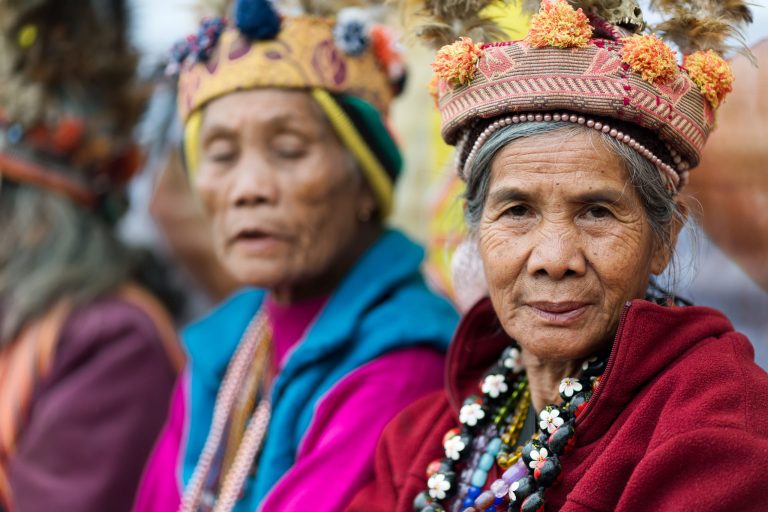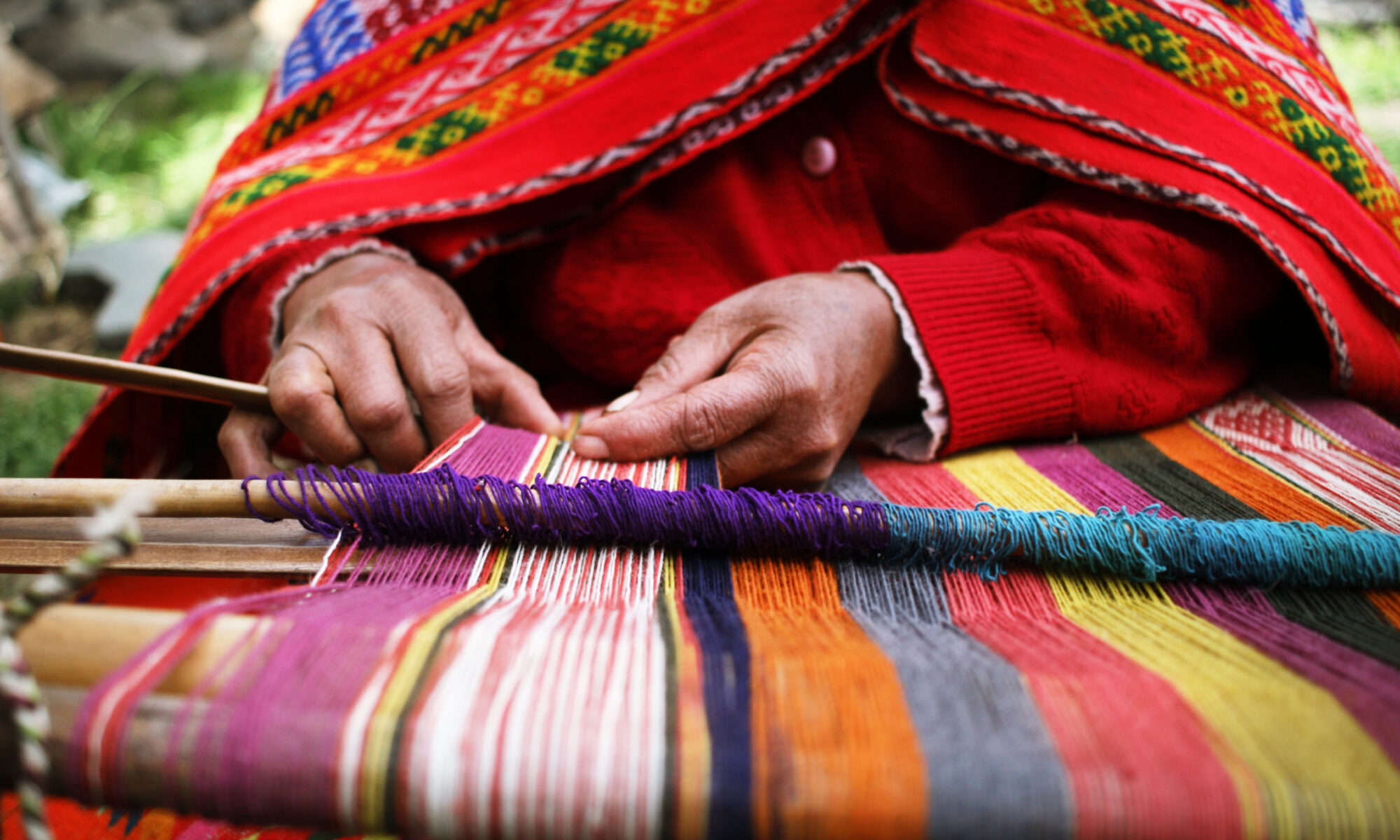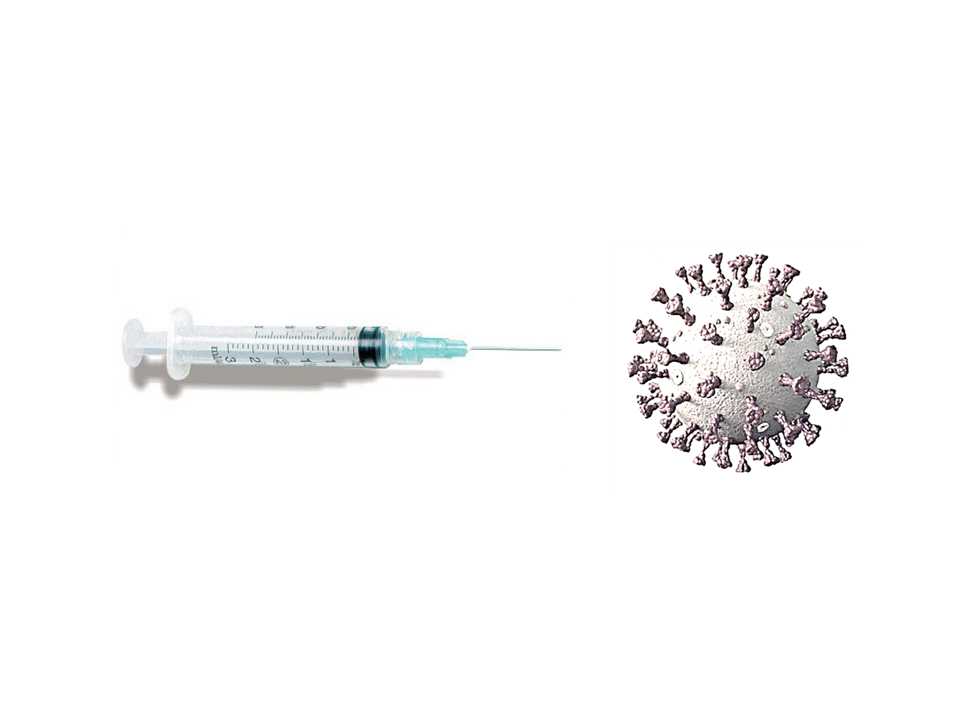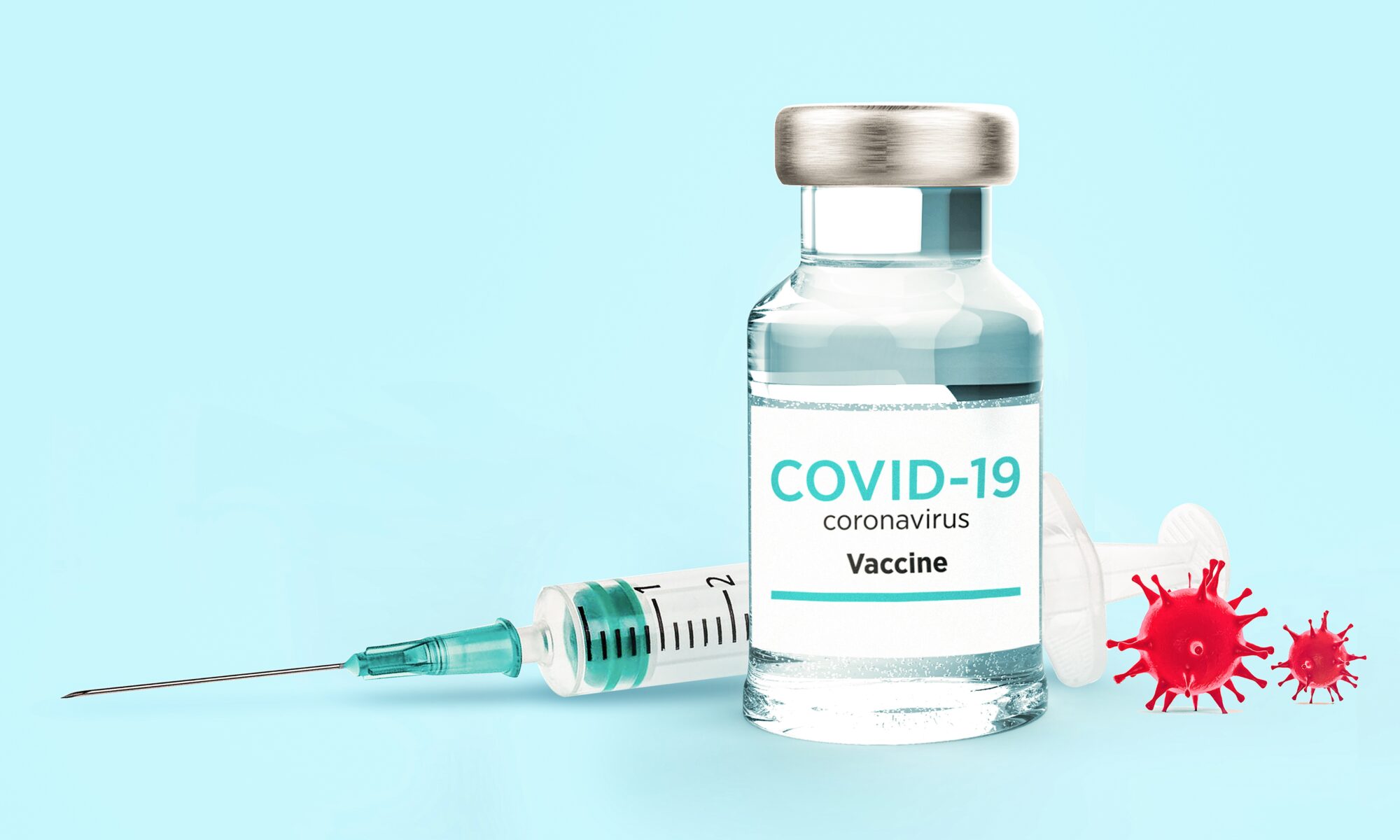As the rest of the world observes the International Day of the World’s Indigenous Peoples (Aug. 9), we at CFIP Law, hope to spread more awareness on the lack of protection given to the culture and heritage of our indigenous brethren. In their article for the IPWatchdog, Inc, our founding partners, Atty. Mario Jr Cerilles and Atty. Harry Gwynn Omar Fernan advocate for a global intellectual property system that is more sensitive to the plight of our IP communities.
Culture under threat: Are we doing enough to protect indigenous weaves?
We are pleased to announce that an opinion piece written by our founders Mario Jr Cerilles and Harry Gwynn Omar Fernan made it as the banner story of the Lifestyle section of the Philippine Daily Inquirer last Sunday (July 28). We hope the article spreads awareness on the plight of indigenous weavers as they face the imminent threat of fake products entering the Philippine market.
Countries Like the Philippines are Unable to Utilize IP Flexibilities to Fight COVID-19
As of writing, the world has suffered almost 3 million fatalities from COVID-19. At this stage, arguing in favor of innovation, without entertaining any compromise between the right to health and pharmaceutical patent rights, appears insensitive and out of touch with reality.
ANALYSING THE INTERPLAY BETWEEN THE RIGHT TO HEALTH AND PHARMACEUTICAL PATENT RIGHTS IN THE INTRODUCTION OF A COVID-19 VACCINE INTO THE PHILIPPINES
By Mario C. Cerilles, Jr. and Harry Gwynn Omar M. Fernan
The road to a COVID-19 vaccine is complex. The Philippines is governed by an intellectual property system that has been accused of institutional problems such as slow registration procedures (Barizah, 2017). There is therefore a need to explore ways through which a COVID-19 vaccine can be made readily accessible without violating the constraints set by the governing patent system. The paper seeks to accomplish this by tracing the conflict between the right to health and patent law, applying the flexibilities for patents, and analysing policies during the pandemic. Posted below is a summary of our findings:
- I. FINDINGS
- A. Purchase from Patent Holder
The Philippines may purchase a COVID-19 vaccine from innovator pharmaceuticals or governments holding patent rights on a vaccine. However, this route may be costly. Notably, U.S. based company Moderna made deals with some countries for its experimental coronavirus vaccine for prices that range between $32 to $37 per dose (NPR.org, 2020). Using this estimate, the Philippines will have to spend more than Php 150 billion in order to vaccinate its population of more than 100 million. This figure is already equivalent to the entire budget of the country’s health department (Department of Health, 2020).
B. Parallel Importation
The country may also import from countries selling COVID-19 vaccines at a lower price. Leading pharmaceutical companies are already farming out the production of vaccines to India and China. For instance, The Serum Institute of India, the world’s largest supplier of vaccines to developing countries, is currently developing the vaccine candidates of AstraZeneca, Novavax, and Codagenix (Blankenship, 2020). Considering the low production costs in these countries (Lomas, 2017), the vaccines produced therein could cost much less than those in other countries. Nevertheless, it must be noted that pharmaceutical companies may still prevent licensees from exporting COVID-19 vaccines to the Philippines through contractual restrictions.
C. Compulsory licensing through local manufacturing
The Philippines is still in the process of developing its local vaccine manufacturing capability. In fact, the government has allocated Php 284 million in its 2021 budget for the development of a virology institute (Venzon, 2020). However, despite these initiatives, the Philippines still has no established vaccine manufacturing capability (Venzon, 2020). It has to enlist the help of other countries or pharmaceutical companies in the production of an effective COVID-19 vaccine. Notably, Russia previously offered to co-manufacture its COVID-19 vaccine in the Philippines (Reuters, 2020). To pursue this, the Philippines will have to procure a voluntary license or a compulsory license from the patent owner of the vaccine (TRIPS Agreement, 2017).
D. Compulsory licensing under Article 31bis of the TRIPS Agreement
Taking into account its depleted funds and limited capability in manufacturing vaccines, the Philippines may also opt to file a compulsory license to allow the importation of generic COVID-19 vaccines. Unlike parallel importation under the Cheaper Medicines Act which allows the entry of patented products that are produced and marketed elsewhere without the need for a compulsory license (Roma Drug vs. RTC, 2009), this process requires a voluntary or compulsory license (2008). Under this rule, a country like the Philippines which holds limited or no manufacturing capability, may apply for a compulsory license to import a generic version of the patented product in order to supply the needs of its domestic market (TRIPS Agreement, 2017).
E. Challenges for Flexibilities
i. Limited Supply and Production
Although flexibilities make it easier for developing countries like the Philippines to secure potential COVID-19 vaccines, there is a possibility that they may not even come into operation. There is uncertainty as to whether there will be enough vaccines to cater to the global population. Manufacturers have already expressed concern about the lack of raw materials for novel COVID-19 vaccines (Jingyi & Yeping, 2020). Initiatives like the COVAX facility could enable the country to secure potential vaccines, albeit in limited amounts, in the event that flexibilities end up not being immediately implemented (Gavi, 2020).
ii. Outdated Rules
Even assuming that enough vaccines are produced, it remains to be seen if the Philippines will be able to implement the flexibilities properly during the pandemic. To illustrate, as of writing, the Philippine government does not yet provide a clear procedure for special compulsory licenses for the importation of drugs and medicines. Fortunately, the IPOPHL and the DOH recently released an initial set of guidelines (Draft Adminstrative Order, 2020) that could speed-up the process for compulsory licensing and lower the prices of medicine.
II. COVID-19 and Emergency Powers
The government’s response to the current pandemic gives us an idea on how the government will attempt to balance the right to health and pharmaceutical patent rights. The Duterte administration has invoked the right to health as basis for a number of recent controversial policies. To illustrate, the Bayanihan to Heal as One Act (2020) has reportedly paved the way for the warrantless arrest of government critics (Conde, 2020). The government also curtailed the right to travel as it temporarily suspended the deployment of health workers to other countries (Governing Board Resolution No. 09 Series of 2020, 2020). These instances show that the government might not hesitate to sacrifice intellectual property rights in favour of public health.
III. CONCLUSION
For the Philippines to obtain access to a potential vaccine at the fastest possible time and at the most adequate amounts, it should utilize the flexibilities allowed by intellectual property laws. At the same time, it has to brace itself for the consequences of availing these flexibilities (e.g. sanctions and payment of royalties). The country should also think long-term and start enhancing itsR&D capabilities.Most importantly, it has to cultivate the support of an engaged citizenry that is vigilant of government responses to public health issues.
Note: The article above is a summarized version of the conceptual paper which was published in the International Journal of Human Rights in Healthcare last 5 March 2021. You may access the full article here: https://www.emerald.com/insight/content/doi/10.1108/IJHRH-09-2020-0075/full/html
If you have comments or questions, please feel free to e-mail the authors at inquiry@cfiplaw.com





